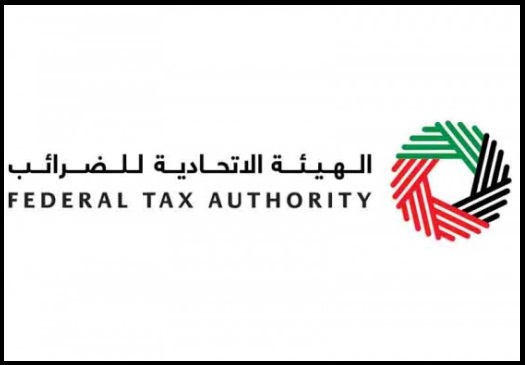
Conflict of Interest at the Highest Levels: Analysis of the Smuggling In...
Адвокат Максим Раков прокомментировал беспрецедентную ситуацию в израильском правоохранительном сообществе на радио РЭКА 1 февраля 2026 г.

December 2022, United Arab Emirates (“UAE”) have enacted a Federal Decree-Law No. 47 of 2022 on the Taxation of Corporations and Businesses (“Corporate Tax Law”, “CTL”)[1] that codifies the ongoing reform of the UAE Tax Law. The main issue of new UAE Corporate Tax Law is that it introduces a 9% tax in the country.
Whom the new taxation applies to?
The new law applies to natural persons and legal entities, UAE residents and non-residents, including those registered in UAE Free Zones (so-called Qualified Free Zone Persons), however the tax rate in Free Zones can be as low as 0%.
Taxable persons can be both Residents and Non-Residents. The following persons are considered Residents for the purposes of the CTL:
(a) legal entity incorporated in the UAE (including the UAE Free Zones);
(b) legal entity incorporated out of the UAE but is managed and controlled in the UAE;
(c) natural person who conducts business or business activity in the UAE;
The taxable non-Residents are both natural persons and legal entities who:
(a) have a Permanent Establishment in the UAE (as defined in Art. 14 CTL);
(b) derive the UAE-Sourced and (out-of-UAE-Sourced, if applicable) income;
(c) Have a nexus (= business or other connection) in the UAE (the term shall be further defined by the UAE Council of Ministers).
What constitutes an income that is being taxed under the CTL?
For a Resident, the Taxable Income is any income derived from the UAE or outside the UAE. For a Resident being a natural person – the Taxable Income is the income related to a business or business activity conducted in the UAE. For a non-Resident, the income becomes Taxable if it is in some way attributable to the UAE.
Should the Taxable Income be reported to the UAE Tax Authority?
From the tax period starting June 1, 2023, the taxable person should obtain a taxpayer number (which was never the case in the UAE) and report (Tax Returns) its taxable income to the UAE Tax Authority in a determined form.
Are there any tax incentives for the entities registered in the UAE Free Zones?
The so-called Qualifying Income of Qualifying Free Zone Persons– should they comply with the qualified criteria (some of those are yet to be determined) – will be subject to the reduced (to as low as 0%) rate. However, even this 0% rate is granted for a period of up to 50 years only. Additionally, this tax rate can be eventually raised up to 9% rate upon the UAE Cabinet’s special decision.
Are there any tax incentives for groups of companies?
The CTL provides for transfer pricing regulation of related parties and connected persons. If they satisfy with so-called arm’s length criteria, transactions between such entities are accepted and not taxed under the CTL.
The new UAE Corporate Tax Law comes into effect and applies to Tax Periods commencing on or after June 1, 2023 (Art. 69, CTL). The CTL drastically reforms the UAE legal framework, making the UAE not a no-tax haven it once used to be for all kinds of businesses and natural persons, including for Free Zone-registered Persons.
It is important to mention that the UAE Cabinet is given a broad discretion in interpretation and filling the blanks in the CTL framework, for regulation of which the further subsidiary legislation is required.
[1] https://mof.gov.ae/wp-content/uploads/2022/12/Federal-Decree-Law-No.-47-of-2022-EN.pdf.